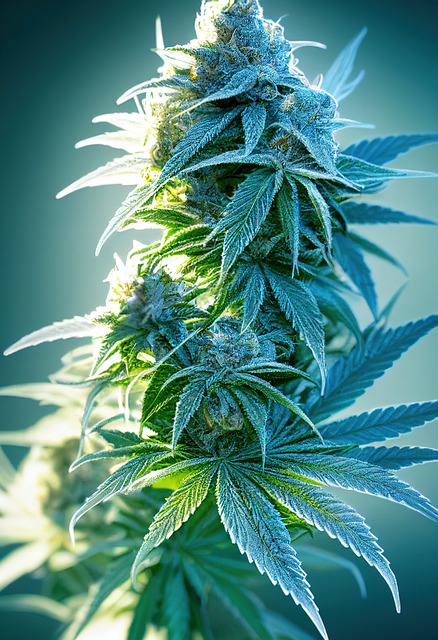2021 marked a significant shift in Alabama's stance on cannabis with the introduction of the Alabama Medical Cannabis Act, which includes the legalization of THCA (Tetrahydrocannabinolic Acid) flower for patients with qualifying health conditions. This development has broadened medical treatment options by providing a non-psychoactive alternative to traditional pain management. Alabama's move reflects a broader national trend toward recognizing the medicinal value of cannabis, while also emphasizing the responsible integration of THCA into healthcare practices. As of 2023, THCA is legal under Alabama's medical cannabis program for those with specific health conditions, provided it contains less than 0.3% THC by dry weight—a threshold set by both state and federal regulations. This non-psychoactive cannabinoid is distinct from its psychoactive counterpart, THC, and research indicates that THCA may offer therapeutic benefits such as anti-inflammatory and neuroprotective effects. In Alabama, THCA's legal status is maintained through a careful interpretation of state and federal laws, with clear distinctions between hemp-derived and high-THC cannabis. It's crucial for consumers and businesses to stay informed on legislative changes to ensure compliance with the evolving regulations surrounding THCA in Alabama.
Alabama’s evolving approach to cannabis-related substances has brought Delta-9 Tetrahydrocannabinolic Acid (THCA) into the spotlight, a natural precursor to the well-known psychoactive compound Delta-9 THC. As legal landscapes shift, understanding the nuances of THCA becomes increasingly important for consumers and healthcare providers alike. This article delves into the emergence of THCA flower as a legal option in Alabama, its distinct chemical properties, potential therapeutic effects, and the side effects associated with its consumption. We will explore how THCA differs from Delta-9 THC, its interaction with the endocannabinoid system, and the implications for user experiences. With a focus on safety, legal considerations, and best practices, this article aims to provide a comprehensive overview of THCA flower, ensuring informed decision-making within the bounds of Alabama’s regulatory framework.
- THCA Flower and Its Emergence in Alabama's Legal Landscape
- Understanding Delta-9 Tetrahydrocannabinolic Acid (THCA)
- The Chemical Structure of THCA and Its Implications
- Potential Therapeutic Benefits of THCA Flower Use
- Navigating the Legality of THCA in Alabama: A Legal Perspective
- How THCA Differs from Other Cannabinoids like Delta-9 THC
THCA Flower and Its Emergence in Alabama's Legal Landscape
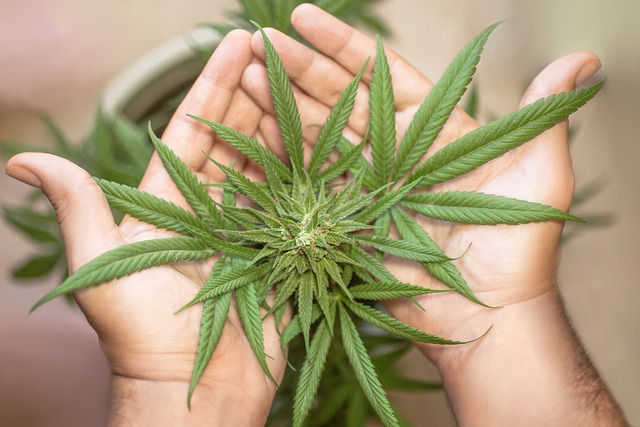
The emergence of THCA (Tetrahydrocannabinolic Acid) flower in Alabama’s legal landscape represents a significant milestone for cannabis policy reform within the state. With the passage of the Alabama Medical Cannabis Act in 2021, which allowed for the cultivation and use of medical marijuana products, including THCA flower, patients with qualifying conditions have gained access to a potentially beneficial treatment option. THCA flower, rich in cannabidiol (CBD) and other non-psychoactive compounds, is lauded for its therapeutic properties, particularly in alleviating pain and inflammation without the intoxicating effects associated with THC (Tetrahydrocannabinol). As such, the legalization of THCA flower has opened up new avenues for research and treatment in Alabama, reflecting a growing recognition of the plant’s medicinal potential. The state’s regulatory framework is still evolving to accommodate this development, ensuring that it is safely and responsibly integrated into healthcare practices. This legislative shift towards embracing THCA flower aligns with the broader national trend of liberalizing cannabis laws while emphasizing the importance of adhering to medical guidelines and regulations.
Understanding Delta-9 Tetrahydrocannabinolic Acid (THCA)
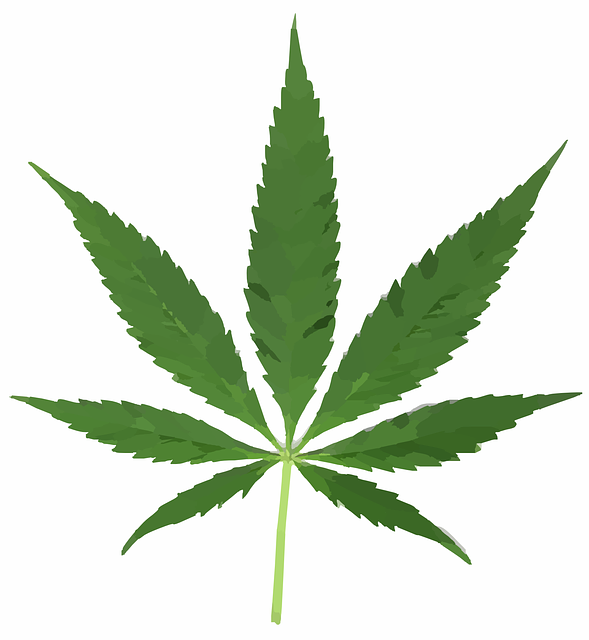
Delta-9 Tetrahydrocannabinolic Acid, commonly known as THCA, is a non-psychoactive cannabinoid found in the Cannabis sativa plant. It’s the precursor to Delta-9 THC, which becomes psychoactive when heated or combusted. As of the knowledge cutoff in 2023, THCA is legal in Alabama under certain conditions; specifically, it falls under the state’s medical cannabis program, which allows for the use of cannabis products with high THCA content for qualifying health conditions. Research indicates that THCA may offer potential therapeutic benefits, including anti-inflammatory and neuroprotective effects, without the psychoactive side effects associated with Delta-9 THC. This distinction is particularly significant for those seeking the medicinal properties of cannabis without the ‘high’ that traditional marijuana use entails. In terms of legal status, THCA’s legality is contingent on it not being in a form where it has been converted to Delta-9 THC; thus, users must be cautious about how they handle and consume products containing THCA to remain within the bounds of Alabama law. Understanding the nuances of THCA’s legal status and its potential benefits requires a careful reading of both state and federal laws, as well as staying informed on any changes to legislation that could affect its legal standing.
The Chemical Structure of THCA and Its Implications
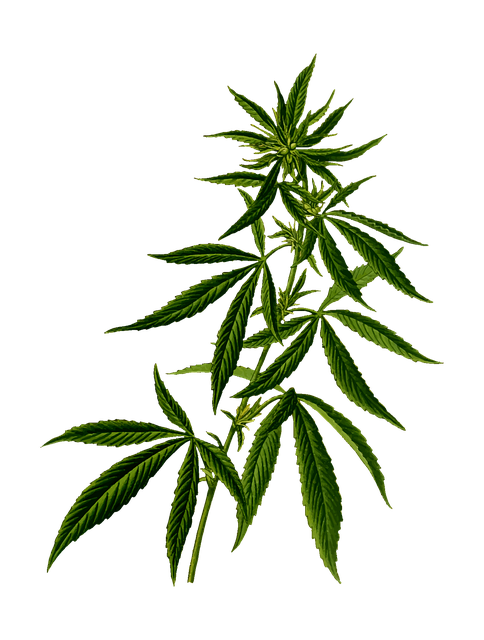
delta-9-tetrahydrocannabinolic acid (THCA) is the non-psychoactive precursor to the well-known compound delta-9-tetrahydrocannabinol (THC). The chemical structure of THCA includes a cyclic ether, which distinguishes it from other cannabinoids such as CBD and CBN. This structural feature plays a crucial role in its interaction with the endocannabinoid system within the human body. Unlike THC, THCA does not induce psychoactive effects, making it a subject of interest for those seeking the potential therapeutic benefits associated with cannabis without the high.
In legal contexts, such as Alabama, where specific laws govern the use and possession of cannabis-related compounds, THCA’s non-psychoactive nature has led to its being explored for various applications. The legality of THCA flowers in Alabama hinges on the distinction between hemp-derived products, which contain less than 0.3% delta-9-THC by dry weight, and their psychoactive counterparts. As such, products rich in THCA that meet the legal criteria for THC content are considered legal under Alabama state law. However, it is imperative to stay informed about the evolving regulatory landscape surrounding cannabinoids, as laws can change over time and vary by jurisdiction within the state.
Potential Therapeutic Benefits of THCA Flower Use
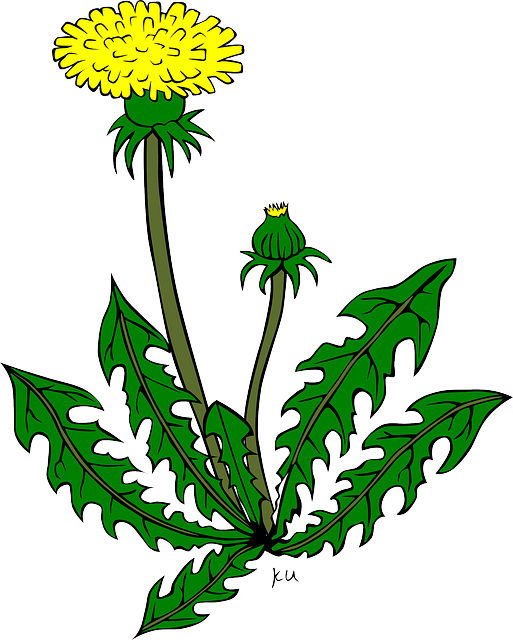
Delta-9-tetrahydrocannabinol acid (THCA) is a non-psychoactive cannabinoid found in the cannabis plant, which has garnered attention for its potential therapeutic benefits. THCA is the precursor to the more well-known psychoactive compound Delta-9-THC when exposed to heat or light. Despite this, THCA itself does not induce a high and is legal in various forms across states like Alabama, provided it contains less than 0.3% Delta-9-THC by dry weight, aligning with the 2018 Farm Bill regulations. Research suggests that THCA may offer a range of health benefits without the psychoactive effects associated with its decarboxylated counterpart. It is believed to possess anti-inflammatory and neuroprotective properties, which could be beneficial in managing pain and inflammation. Additionally, preliminary studies indicate that THCA may have therapeutic potential for conditions like nausea and vomiting, loss of appetite, and involuntary muscle movements, making it a subject of interest for individuals seeking alternative treatments for various health concerns. As THCA flower becomes more accessible in states where cannabis is legal, such as Alabama, its potential applications continue to be explored, offering a promising avenue for natural and non-intoxicating relief for an array of symptoms.
Navigating the Legality of THCA in Alabama: A Legal Perspective
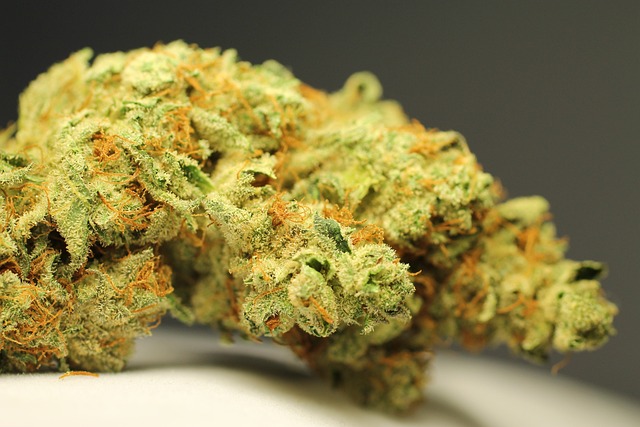
Navigating the legality of THCA, or tetrahydrocannabinolic acid, in Alabama requires a nuanced understanding of state and federal laws. As of the latest legal updates, THCA itself is not explicitly criminalized under Alabama state law, which legalized hemp and derivatives with less than 0.3% THC on a dry weight basis in 2019 through the Agriculture Improvement Act, also known as the 2018 Farm Bill. This legislation opened a pathway for the cultivation and sale of hemp and its derivatives, including THCA, provided they adhere to state regulations. However, it is crucial to discern between hemp-derived THCA and THCA derived from cannabis plants with higher THC concentrations, which remain illegal under both state and federal laws.
The Alabama Compassionate Care Act, enacted in 2019, legalized the use of cannabis for medical purposes under a physician’s recommendation for certain debilitating conditions. This act specifically excludes smokable marijuana but includes THCA among other cannabinoids that can be used in forms permitted by the state. Therefore, while THCA products derived from hemp are more likely to be legal, those derived from high-THC cannabis are subject to strict regulations and must be obtained through the state’s medical cannabis program. Consumers and businesses dealing with THCA in Alabama must stay informed about evolving laws and regulatory guidelines to ensure compliance and avoid legal complications.
How THCA Differs from Other Cannabinoids like Delta-9 THC

1. Tetrahydrocannabinolic acid A (THCA-A) is a non-psychoactive precursor to Delta-9 THC, the primary form of THC found in cannabis that is responsible for the ‘high’ associated with its consumption. Unlike Delta-9 THC, THCA-A exhibits distinct properties and potential benefits. For instance, THCA-A has been studied for its anti-inflammatory and neuroprotective effects, which may offer therapeutic value without the psychoactive side effects. The legal landscape of cannabinoids varies across jurisdictions, with specific considerations such as THCA legal status in Alabama. In Alabama, THCA is legal under certain conditions due to its low psychoactive potential and is often found in hemp-derived products, providing consumers with alternative options for wellness support.
2. The difference between THCA and Delta-9 THC extends beyond their chemical structures and effects on the body. THCA-A is typically found in raw cannabis or cannabis that has not been heat-activated, where it can transform into Delta-9 THC upon decarboxylation – a process that occurs when cannabis is heated. This transformation is crucial for consumers to experience the psychoactive effects of THC. However, because THCA remains inert until activated, it offers potential health benefits without the immediate high associated with its activated counterpart. This distinction has led to increased interest in THCA’s therapeutic properties, particularly among those seeking relief from inflammatory conditions or other ailments without cognitive impairment. As such, understanding the legal distinctions between cannabinoids like THCA and Delta-9 THC is essential for consumers, especially in states with nuanced laws, such as Alabama.
In conclusion, the emergence of THCA flower within Alabama’s evolving legal framework presents a noteworthy development for consumers and policymakers alike. As explored throughout this article, understanding the chemical structure of THCA and its potential therapeutic benefits offers promising avenues for health and wellness. The distinctions between THCA and other cannabinoids like Delta-9 THC are significant, particularly in terms of psychoactive effects and legal classification. Navigating the legality of THCA in Alabama is crucial for individuals seeking its therapeutic properties while adhering to state laws. As such, the discussion around THCA flower being legal in Alabama continues to be a dynamic and important one, underscoring the need for ongoing research and responsible regulation to fully harness the potential benefits this cannabinoid has to offer.
